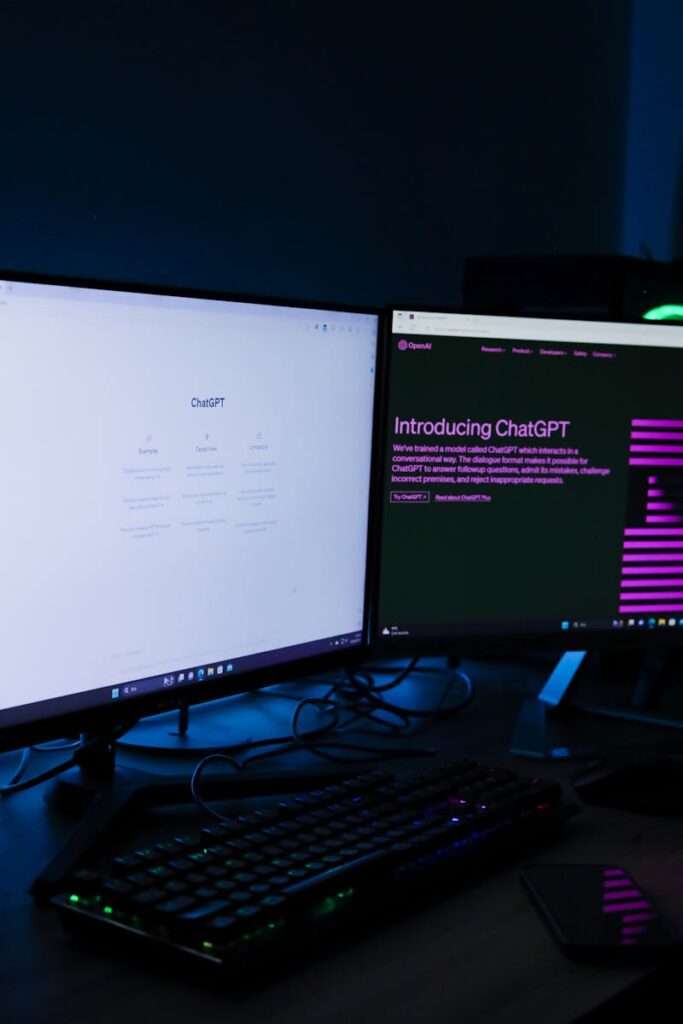
Picture receiving an email from your CEO causing internet feeds everywhere to just suddenly stop. This exactly happened when Fiverr CEO Micha Kaufman messaged his team, its content proving quite intense and very direct. This wasn’t your usual corporate notice discussing quarterly reviews or maybe office pizza parties. No sir, this communication concerns something way bigger, frankly speaking, for many people slightly frightening.
Instead of talking about yearly targets or office team-building-type exercises, Kaufman spoke a difficult truth lots of people were whispering about. But few leaders shout this from the rooftops. He warned everyone the robots are definitely arriving. Specifically, he spoke about artificial intelligence coming. This message felt like more than a simple heads-up; it was a full siren-blaring warning about a huge shift now hitting the job market. His email has totally gone viral online.
Someone shared it online, neat prompts. CEO Aadit Sheth did this, spreading it quickly like wildfire. It sparked conversations and maybe even triggered slightly panicky feelings, although the CEO tried framing it the other way. The message uncovers a very stark reality. Human jobs are truly facing some risk now. According to this person running a major tech platform, getting very serious about this must start right now. Like, perhaps it should have started yesterday, you see.
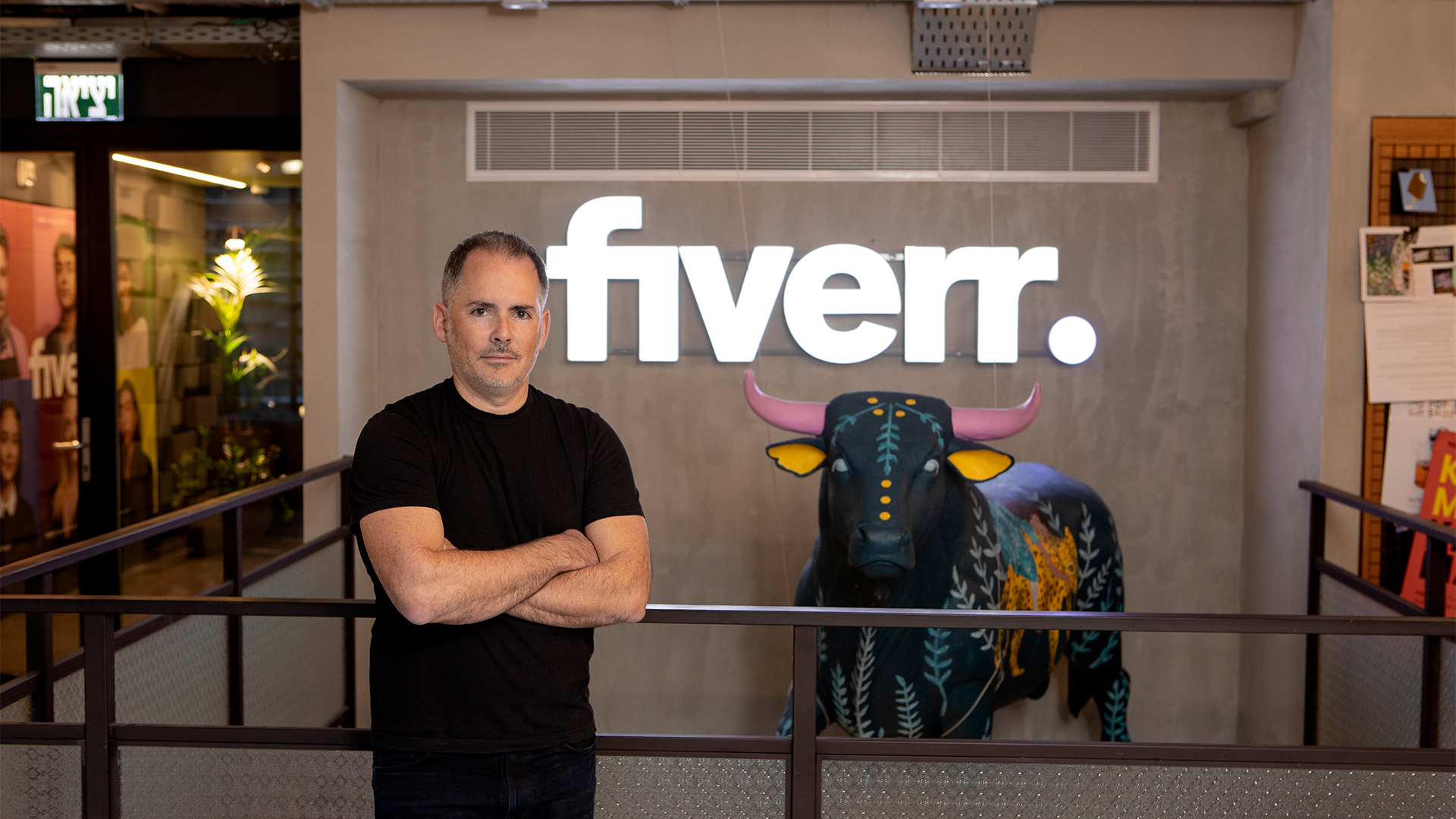
1. The Blunt Warning: AI is Coming For Everyone’s Jobs The core of his email was delivered using zero sugarcoating techniques. Micha Kaufman never eased into the topic at all. He went straight for the main point. He stated it crystal clear that “AI is coming for your jobs. Heck, it’s coming for my job too.”
Pause and think about that particular idea for a second or two. The CEO of a major internet platform is saying AI affects more than just new employees. He puts himself right in the path of change also. This danger feels very real, not some imagined future thing. It is a present problem facing leadership, according to his statements. This makes the threat seem incredibly real when the person at the very top says his own job is also on the line.
His opening set the whole email’s tone immediately from the start. This matter is serious; the issue is personal for everyone. No one, not even the CEO himself, is immune to the changes AI will bring our way. The email was designed to be a wake-up call. It needed to grab everybody’s full attention right then. The impact was felt across all parts of the entire organization.

2. The Broad Scope: This Isn’t Just Fiverr, It’s Across the Board Kaufman quickly wanted to clarify something very important. This problem is not niche, not specific to the company or the gig economy. He made clear this wasn’t just about jobs inside their own specific company structure. Instead, it represented a much larger, significant overall trend. This trend is happening right now across many different industries worldwide.
This broader way of looking emphasizes the idea that the AI revolution is not contained. Whether you work in tech, maybe finance, law, or helping ‘customers, the wave is coming for everybody. It paints a picture showing a global change happening. This isn’t just a small local change within one company’s structure.
By stating this very explicitly, the CEO stressed his team couldn’t only look internally, you know. They needed to understand that the competition and work itself were changing everywhere. It put the responsibility onto individuals and also their company. They must recognize the universal nature of this big disruption.

3. The Specific List of 8 Roles Identified as Most at Risk He wanted to really hammer home which job areas face immediate impact the most. Kaufman provided a list featuring eight roles he believes are at the highest risk. These professional positions are those he sees phasing out. Or maybe they dramatically alter because of generative AI tools rising now.
He named several positions: programmers, designers, product managers, and data scientists. Also listed were lawyers, customer support teams, salespeople, and finance people. That list seems pretty comprehensive, covering a large range of white-collar and skilled work. Many people before thought these jobs were safe from automation technology. He restates this point clearly to everyone.
He reiterated this idea by saying, “It doesn’t matter if you are a programmer, designer, product manager, data scientist, lawyer, customer support person, salesperson, or finance person—AI is coming for you.” This very specific call-out makes the threat feel real for many workers. It forces them to confront how AI may change their daily work. It could even make parts of their roles no longer necessary.
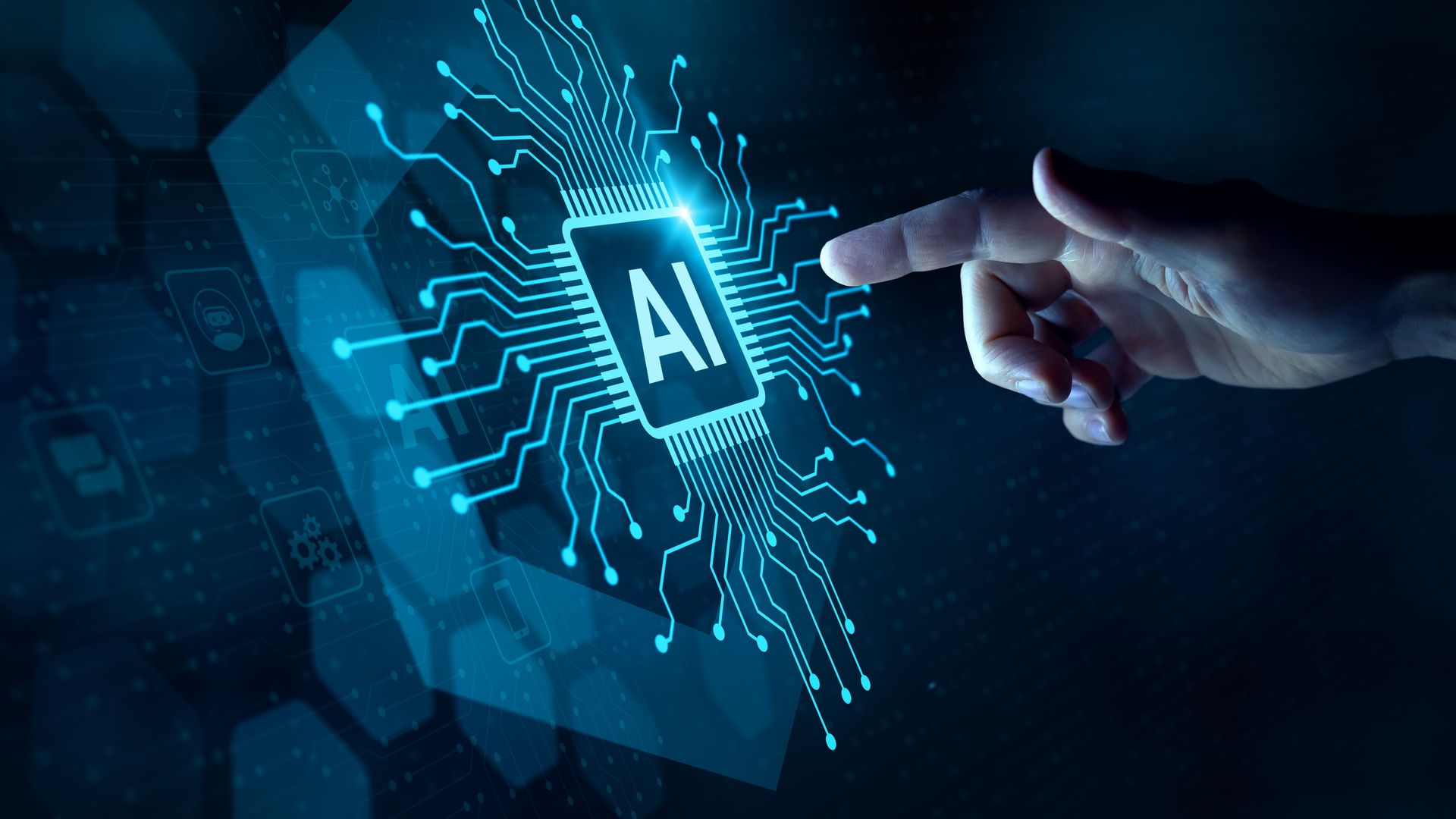
4. How AI Is Changing the Nature of Tasks, Making Skills Obsolete According to the CEO’s detailed analysis, AI fundamentally changes task types within many jobs. He observes that what people once considered very “easy tasks” are now turning into automated processes due to AI efficiency. This technology is making it happen.
At the very same time, AI is also making tasks traditionally felt “harder” much simpler to do. This gain in efficiency sounds really great for companies. But it means the human effort required for these tasks drastically reduces. Or sometimes it eliminates human input entirely. The value is shifting away from just doing routine work or even complex tasks manually.
This shift in the work itself means skills valuable yesterday might become less valuable soon. Professionals need to understand how AI changes the task landscape within their specific role. They need to adjust their skills accordingly, focusing on areas where humans still provide unique value.
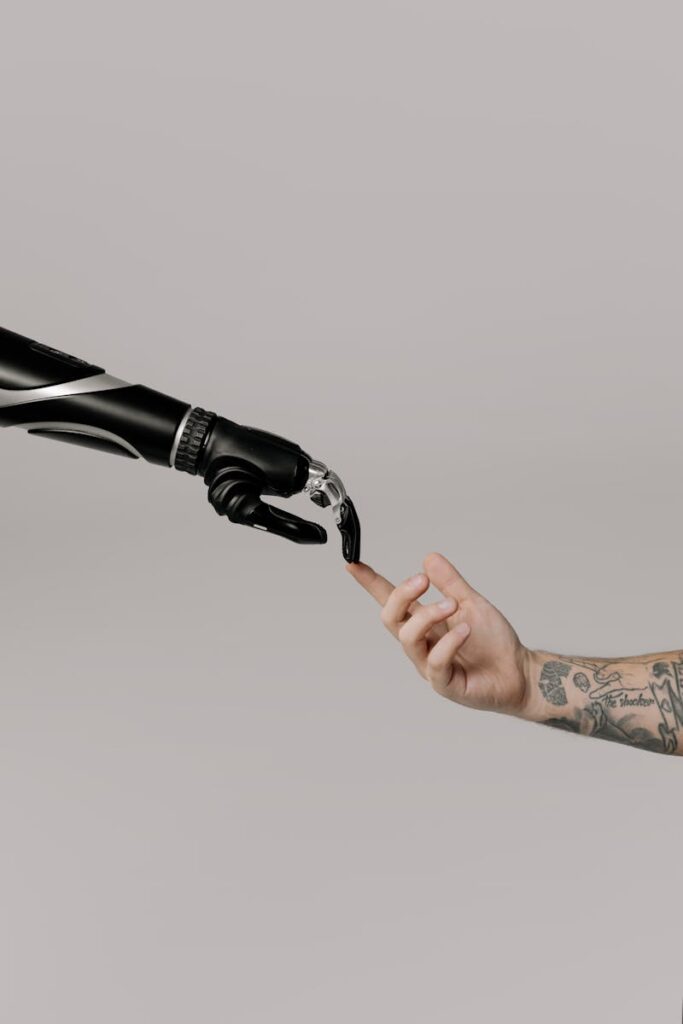
5. The Urgent Timeline for Adaptation: Act Now, or Risk Obsolescence Within Months Perhaps the most chilling part of the message for lots of people was the timeline provided. Kaufman didn’t suggest this change happening over the next decade. He described it as an extremely imminent challenge. You must face this challenge.
He states explicitly that professionals must rapidly adapt. They need to reskill themselves and successfully integrate AI tools into their daily workflows quickly. If they fail to do this, they might find their skills obsolete very soon. And the timeframe he gave wasn’t years from now. It was just a matter of mere “months.”
This kind of given timeline creates a sense of real urgency that is hard to ignore. It suggests the time window for casually exploring AI closed. People must be proactive and maybe aggressive in adopting these new technologies. This is required for staying ‘relevant in their chosen professions.

6. The CEO’s Call to Action: See This as a Wake-Up Call, Not a Panic Trigger While the message felt blunt and quite alarming for many, Kaufman felt careful stressing his intention. His goal was not causing widespread panic among the teams. Instead, he encouraged everyone to see this pivotal moment as a very crucial “wake-up call.” Everyone needed this.
This way of framing shifts the story. It goes from feeling helpless about losing jobs to feeling empowered. It presents an opportunity for personal growth and important adaptation. It involves recognizing the situation’s reality without feeling total despair. This perspective prompts actions instead of complete paralysis among staff.
By urging this viewpoint, the CEO aimed to channel the energy the warning generated. He wanted that energy put into productive efforts now. The main goal is not fearing artificial intelligence. It is understanding it better, embracing the technology. You must learn how to work with AI to boost your own capabilities. This is how you secure your professional future success.
7. The General Advice: Reskill, Adopt AI, Immerse Yourselves in Relevant Tools Stemming directly following the call to action, Kaufman gives clear, useful advice. He explained how to respond well to this important wake-up call notice. The core recommendation was simple for employees. They must actively reskill and adopt AI tools pertinent to their professional field.
He advises them to immerse themselves fully in learning these new technologies available. This means going far beyond simply reading articles about AI and its impacts. It involves actual hands-on learning. Also integrating AI into their daily tasks. This is for truly understanding capabilities and how to leverage them effectively.
This general guidance really sets the scene for more specific recommendations to follow later. We will get to those points! It emphasizes taking initiative to learn and use AI. This is no longer just a nice-to-have skill, really. It has become a fundamental requirement for professional survival now. It’s for success in this evolving workplace landscape too.
We keep exploring the CEO’s message. He was very direct in his talk. Let’s look at specific ways to stay ahead now. This is the time of AI changes. Knowing about AI is not enough. You need practical application skills. A mindset shift is needed. This is true for people. It’s true for companies too. He showed how to move forward. He asked his team to embrace AI tools. They are not a real threat. See them as needed partners. They help with being productive. They help with survival too. This is where plans become real. It’s moving from thinking to doing AI things.

8. Finding Your AI Gurus Within: Identifying In-House Experts Kaufman gave one practical suggestion. He said, Look inside your company. Find people who are already experts with AI. These might not be official team members. Some are just experimenting with tools.
They understand the capabilities and limits they have. Think inside any large group. There are always early adopters here. Tech fans exist in any place. The CEO highlights finding these internal leaders. They can become resources for others.
They help colleagues understand AI use. They show how to put tools to use. This helps a culture of peer learning. It builds group adaptation ability too. Using this existing skill set helps a lot. It can speed up AI use organization-wide.
This creates a network of smart people. They can guide their colleagues safely. They share the best things that work. It helps make technology less scary.
This is for those feeling worried. It builds AI knowledge from the ground up. It uses talent available now.

9. Moving the Goalposts: Rethinking Productivity Benchmarks Kaufman also said we must change things. We need to rethink how we measure work. Traditional ways of measuring productivity are changing. AI’s growth means old rules may not fit.
Why does this happen with AI? AI can boost human output greatly. This changes effort, time, and results links. AI helps write code or documents. It analyzes data fast for us.
It creates design ideas quickly. This takes human time much longer. Measuring hours worked makes less sense. Task counts finished are not important now. The focus goes to output quality. Speed of doing things is key.
Ability to use AI matters most. This gets much bigger results for you. This needs a big change in thinking. Managers and employees view work differently. They measure success in new ways.
It values working smarter with AI. It isn’t just working harder manually now. Organizations need a new measuring stick. Update metrics for this new time. Reward working efficiently here. Reward using AI tools in new ways.
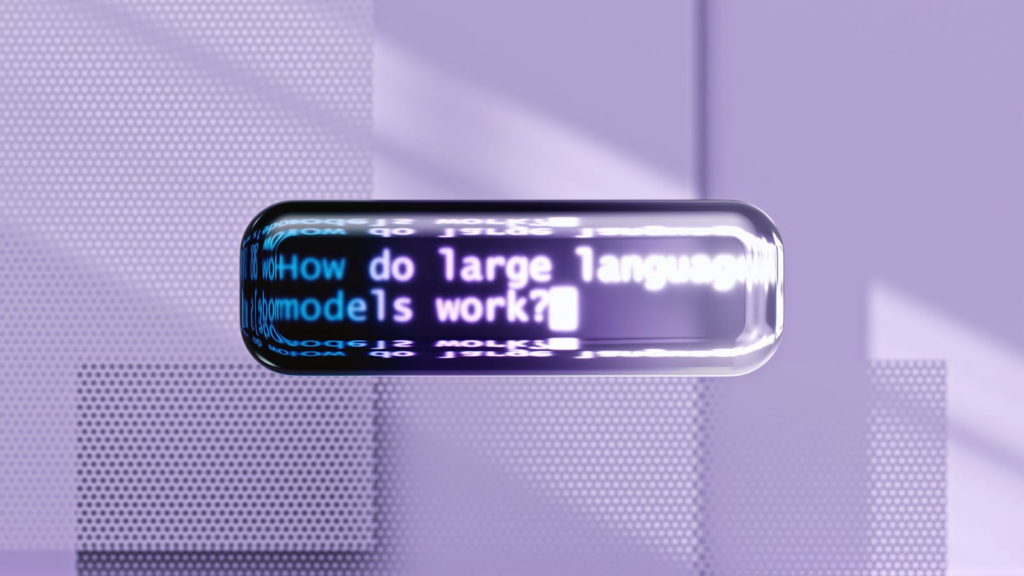
10. Getting Fluent in the Language of AI: Mastering Large Language Models (LLMs) A main part of the CEO’s advice was clear. Become good at using LLMs for tasks. Large language models power many tools. They make human-like text and code. Being ‘fluent’ means more than basic use.
It means you can use them very well. You can prompt them and get good results. This skill means phrasing questions right. You give models needed context for answers. Refining outputs gets the best results from them.
It’s learning to communicate well with AI models. This unlocks their full potential for work. This skill is growing more important. LLMs are in many different things. They help with writing and code.
Customer service bots use them too. Kaufman said LLM fluency is vital. AI is not just for easy jobs. It is a co-pilot needing skill. People are good at working with LLMs. They will be much more productive. They are more valuable in the future. This puts them as key partners with AI systems.
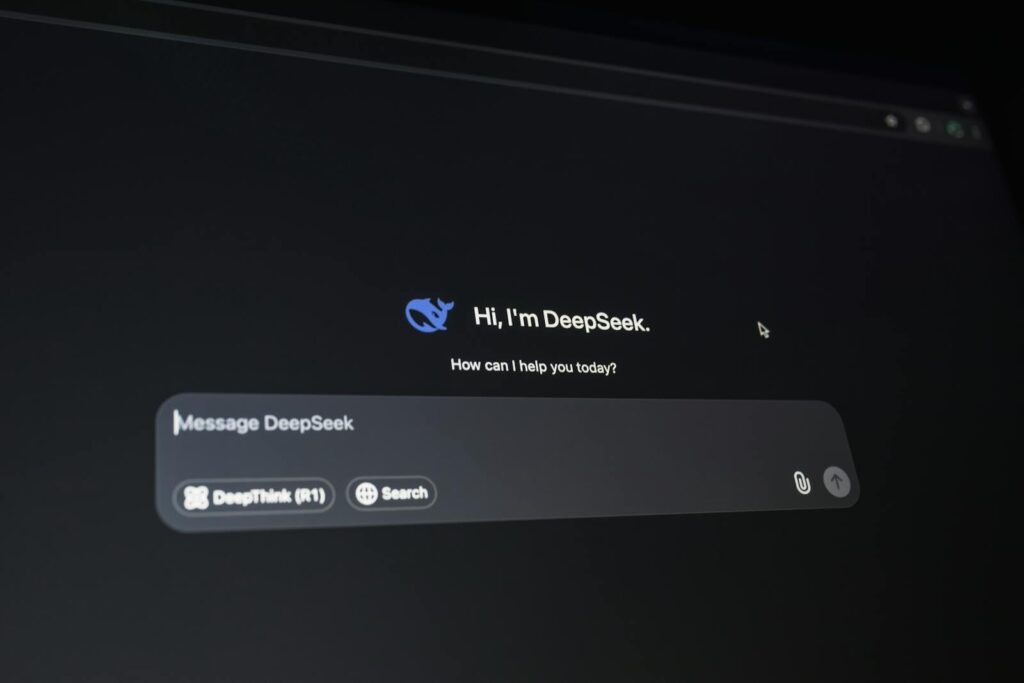
11. The Provocative Punchline: Why ‘Google Is Dead’ The most attention-grabbing statement happened. Kaufman declared that “Google is dead.” He did not mean literally gone. It was a strong way to say something. It highlights a big information shift.
The most attention-grabbing statement happened. Kaufman declared that “Google is dead.” He did not mean literally gone. It was a strong way to say something. It highlights a big information shift.
People access data differently now. Those not good at prompt engineering miss out. This is key to his bold point made. For years we used Google most.
It was our door to web information. We used keywords to search online. But advanced LLMs arrived recently. Now we ask complex questions in language. We get answers that sound like talking.
This changes how we find information for tasks. It moves from checking search lists. It’s like talking to AI now. Kaufman’s view is simple here. If you cannot talk to AI models well. If you lack prompt engineering skills.
You will be at a disadvantage, I think. Making good prompts is new literacy. It is arguably more important now. This is compared to old search ways.
Related posts:
Fiverr CEO says AI will replace human jobs, reveals list of 8 roles that will be eliminated
Trade court blocks Trump’s tariffs, saying they are illegal
MIT, Columbia, Harvard reject Cal AI CEO’s application, he shares admission essay: ‘What do you think – Elon Musk?’

